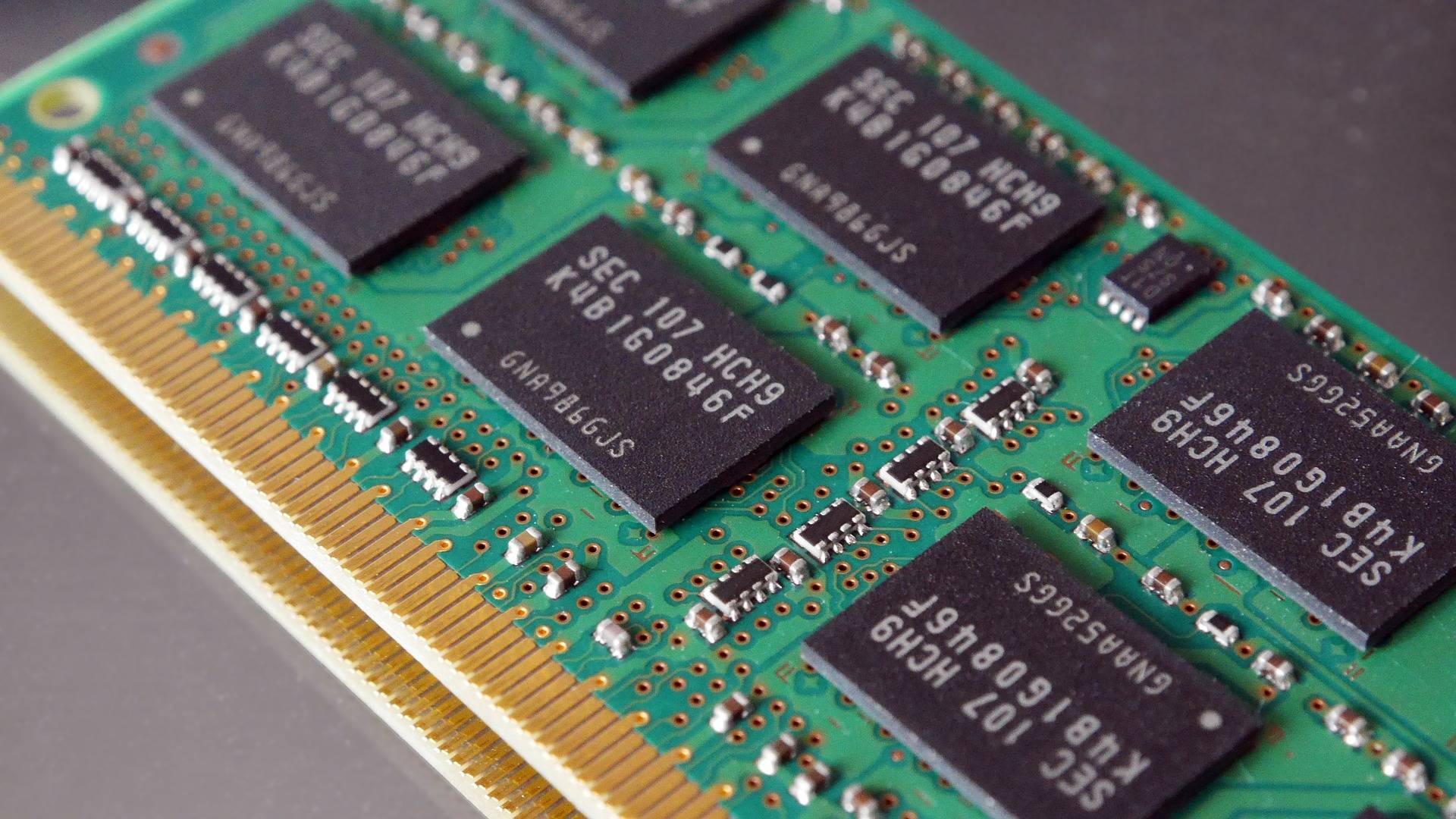Weak Memory Demand Leaves Both Samsung And SK Hynix Nursing Losses

Sluggish global demand has left Samsung and SK Hynix - the world's top two memory makers - reporting similar hefty losses for Q1, with promises that more profitable days are coming thanks to production cuts.
For Samsung, revenue dropped [PDF] 18 percent year-on-year to ₩63.7 trillion ($47.6 billion). Operating profit was the lowest seen by the company since 2009 at ₩640 billion ($478.5 million), a number 95 percent lower than the ₩14.12 trillion recorded in the year prior.
Within its Device Solution (DS) division, memory revenue dropped 56 percent to ₩8.92 trillion ($6.6 billion), while SK hynix reported a more than 58 percent revenue drop to ₩5.1 trillion ($3.8 billion).
Operating profit dropped the most since 2012, the year SK Group acquired Hynix, as it widened from a profit of ₩2.86 trillion ($2.1 billion) in Q1 2022 to a loss of ₩3.4 trillion ($2.5 billion).
Samsung attributed its overall decline to an "uncertain macroeconomic environment" and its memory segment to inventory surplus.
"The Memory Business's performance fell significantly compared to the previous quarter, with ongoing inventory adjustments leading to a decrease in overall demand amid an economic slowdown and weakened customer spending," it said.
It said weak DRAM movement was partly down to hyperscalers adjusting inventory. Purchasing delays and set-build reductions also played a part as the company waits for mobile and PC demand to recover.
Continued conservative purchasing from hyperscalers is expected to slow NAND recovery, said Samsung.
- Don't get in a semiconductor 'doom spiral' – sector will be back with a bang in 2024
- Samsung reportedly leaked its own secrets through ChatGPT
- TSMC wants to cash its US CHIPS but seems unhappy with the red tape
- China sticks national security probe into America's Micron
Richard Gordon, Gartner VP for semiconductors and electronics, told us earlier this week that the tech sector should be careful "not to get into a doom spiral."
"Semiconductor companies are also sitting on inventory waiting for it to go out the door, and it can take six to nine months for inventory to flush out," Gordon told us, adding: "recovery is on its way – the slump will bottom out this year."
Both Korean memory makers predicted market recovery for memory in the second half of 2023. SK hynix referred to revenues as "bottoming out" in Q1 and said it expects improvement in Q2 as production cuts made by suppliers take effect.
Samsung announced a chip production cut to reduce excess inventory and industry downturn in early April, a move already taken by other companies including SK hynix and Micron.
Samsung echoed the sentiments, saying demand is expected to gradually recover in the second half of 2023 "amid projections that customer inventory levels will have declined."
As for what to do in the meantime, SK hynix plans to focus on the sales of high-performance DRAM products, including server DDR5 and HBM, as well as 176-layer SSD and uMCP products in NAND, while shifting toward making chips for up and coming technologies like AI.
"With the commitment to stay on top of demand for high-capacity server/mobile products, we will focus on customer needs by creating a mobile QLC NAND market and expanding the portion of cutting-edge nodes such as V7 and V8," said Samsung. ®
From Chip War To Cloud War: The Next Frontier In Global Tech Competition
The global chip war, characterized by intense competition among nations and corporations for supremacy in semiconductor ... Read more
The High Stakes Of Tech Regulation: Security Risks And Market Dynamics
The influence of tech giants in the global economy continues to grow, raising crucial questions about how to balance sec... Read more
The Tyranny Of Instagram Interiors: Why It's Time To Break Free From Algorithm-Driven Aesthetics
Instagram has become a dominant force in shaping interior design trends, offering a seemingly endless stream of inspirat... Read more
The Data Crunch In AI: Strategies For Sustainability
Exploring solutions to the imminent exhaustion of internet data for AI training.As the artificial intelligence (AI) indu... Read more
Google Abandons Four-Year Effort To Remove Cookies From Chrome Browser
After four years of dedicated effort, Google has decided to abandon its plan to remove third-party cookies from its Chro... Read more
LinkedIn Embraces AI And Gamification To Drive User Engagement And Revenue
In an effort to tackle slowing revenue growth and enhance user engagement, LinkedIn is turning to artificial intelligenc... Read more

